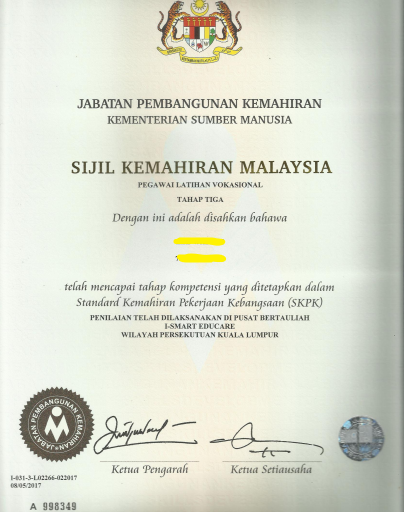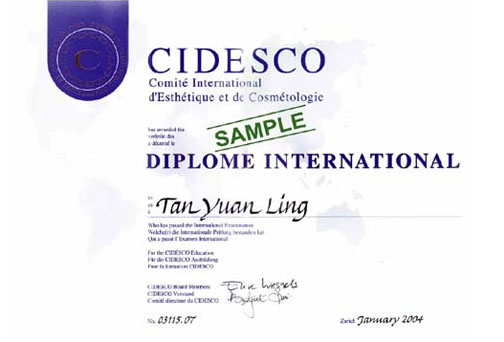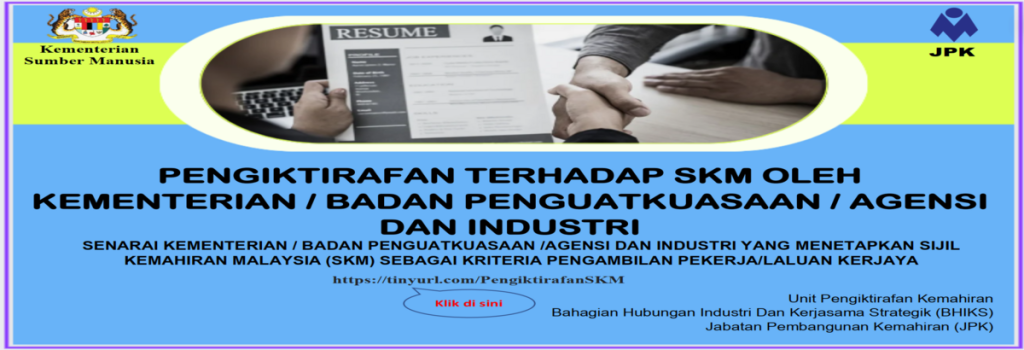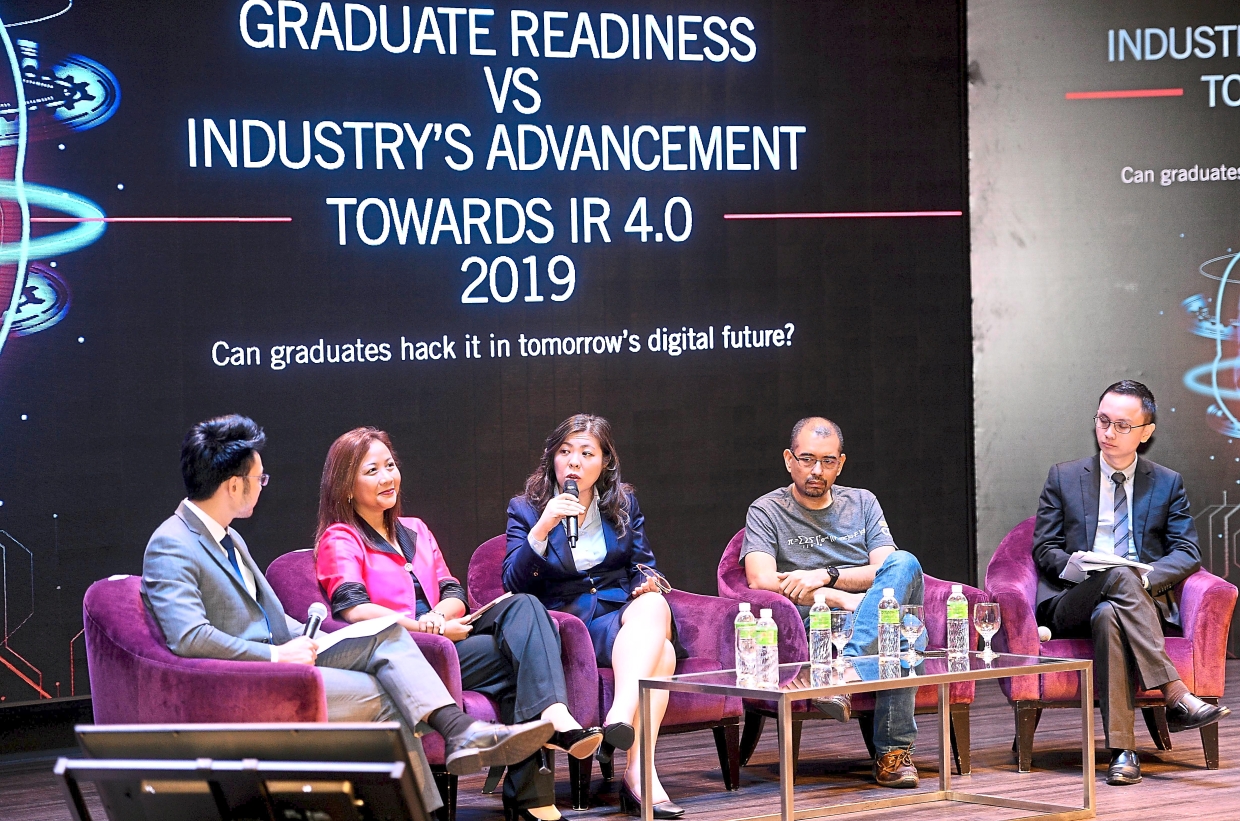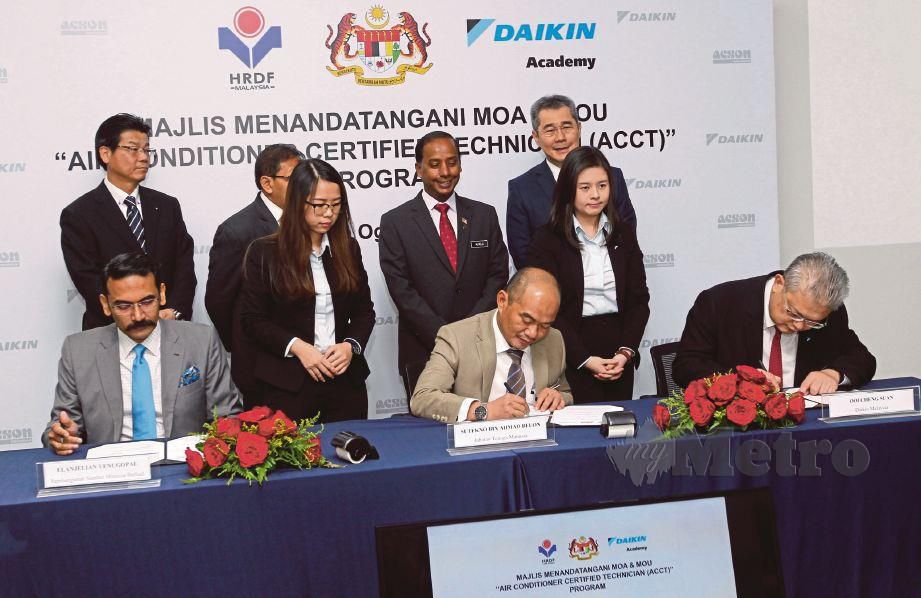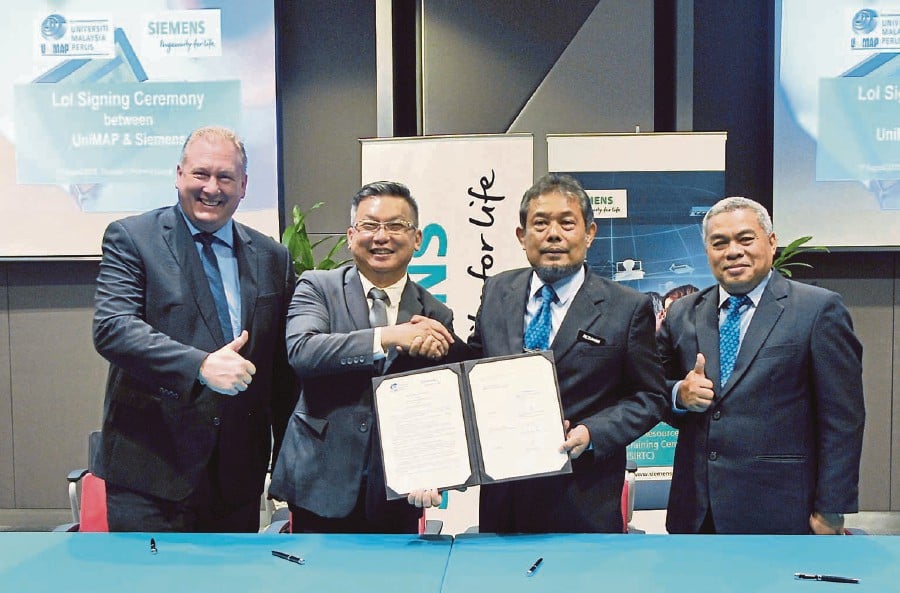Watch the video at Astro Awani‘s FB Page on Shared Prosperity Vision
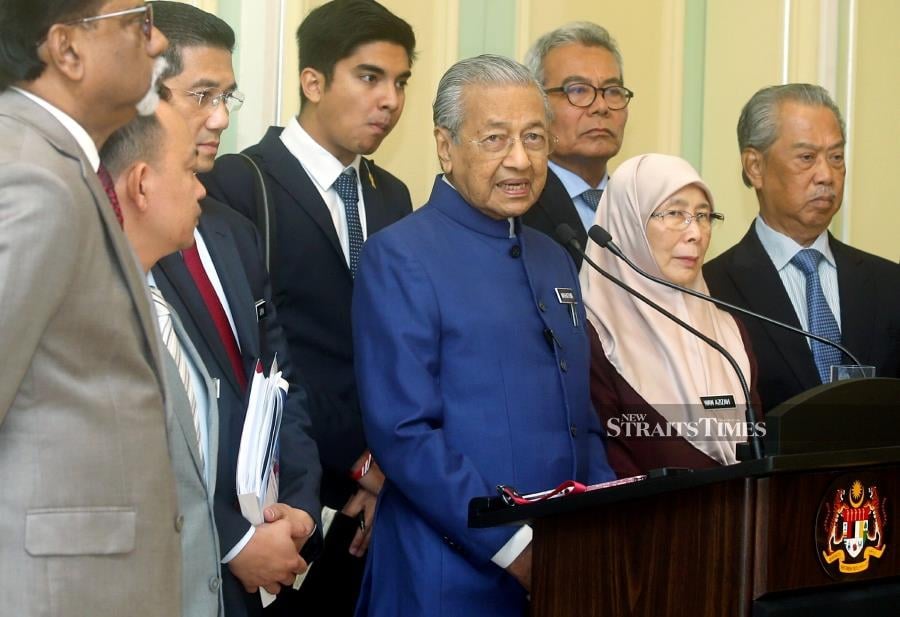
Prime Minister Tun Dr Mahathir Mohamad said the move was important to “upskill” the people to be more capable and efficient, and be able to do more “sophisticated work”. – NSTP/MOHD FADLI HAMZAH
PUTRAJAYA: The government will place priority on technical and vocational education and training (TVET), in efforts to increase the people’s income, under the Shared Prosperity Vision.
Prime Minister Tun Dr Mahathir Mohamad said the move was important to “upskill” the people to be more capable and efficient, and be able to do more “sophisticated work”.
“The income gap between the rich and poor is too wide so we need to increase the people’s income.
“But we don’t want to do this by just increasing wages but (we want) to improve their capacity so that they are more productive, and give them training so that they are more capable and efficient.
“For example, we are already in the aerospace industry, and even some parts of airplane engines assembly are being done in Malaysia.” he said this after chairing a special cabinet meeting on the Shared Prosperity Vision here, yesterday.
Dr Mahathir said the cabinet has agreed that TVET played an important role in improving the skills of workers and that training must be made a priority.
“Our (2020) Budget would prioritise such areas. If there is not enough money for all, we would have to lessen the budget for other areas with lesser priority,” he added.
Dr Mahathir said the government would also give focus to poorer states, reducing wealth disparities from richer states.
He listed Kelantan, Perlis and Kedah as among the three poorest states in Malaysia.
“Another gap is between the urban and rural areas, where those living in urban areas are richer than those staying in the rural areas.
“So a programme must be created to increase the income of those living in the rural areas,” Dr Mahathir added.
In explaining further, Economic Affairs Minister Datuk Seri Mohamed Azmin Ali said the government would apply the spirit of shared prosperity in the 2020 Budget, and prioritise sectors such as TVET and skills training.
“This will be given consideration by the Finance Ministry to be refined in the 2020 Budget.”
The Shared Prosperity Vision was announced by Dr Mahathir at the tabling of the mid-term review of the 11th Malaysia Plan in October 2018 in Parliament.
Its framework was also explained by the prime minister in his May 9 speech earlier this year in conjunction with Pakatan Harapan’s one year in government.
The Shared Prosperity Vision will encompass the 12th and 13th Malaysia Plans, spanning 10 years from 2021 to 2031.
Source: https://www.nst.com.my/
Comment: Not sure how the government is going to prioritise the TVET sector. As Tun M mentioned that if budget is insufficient for all, then it has to be channeled to the priority sectors. So I would assume that more funds are to be allocated to the sector, such as more funds to PTPK to loan students, especially from the B40, which are mainly from rural areas & also the urban poor. Hopefully this would then enhance this group’s earning capability and reduce the income gap.
For the benefit/knowledge of those outside TVET industry, insufficient PTPK loan in the past 1-2 years has caused many students (esp B40 group) that is interested to pursue TVET courses unable to continue their studies at private & government TVET institutions.
This has an economic & social impact:
1. Economic
Effect on TVET institutions – With the limited quota provided to TVET institutions, especially the private ones, many has folded up or ready for sale as they couldn’t sustain the business due to over-reliance on loan to recruit students.
Effect on TVET trainers & supporting staffs – These trainers who have SKM in their field and Vocational Training Operation (especially those that do not have industry experience but fresh from TVET institutions like CIAST) would probably be now jobless or work in non-related field that pays them nothing more than a SPM school leaver’s qualification.
Effect on students – As the students who may not even have SPM or poor SPM results, they have no where to upgrade themselves or learn a skills to uplift their economic livelihood.
2. Social
Since the students are not able to further their studies, they may have high probability of being unemployed or worse still, involved in petty crimes, become Mat Rempit, drug addicts, gangsterism and other illegal activities.


